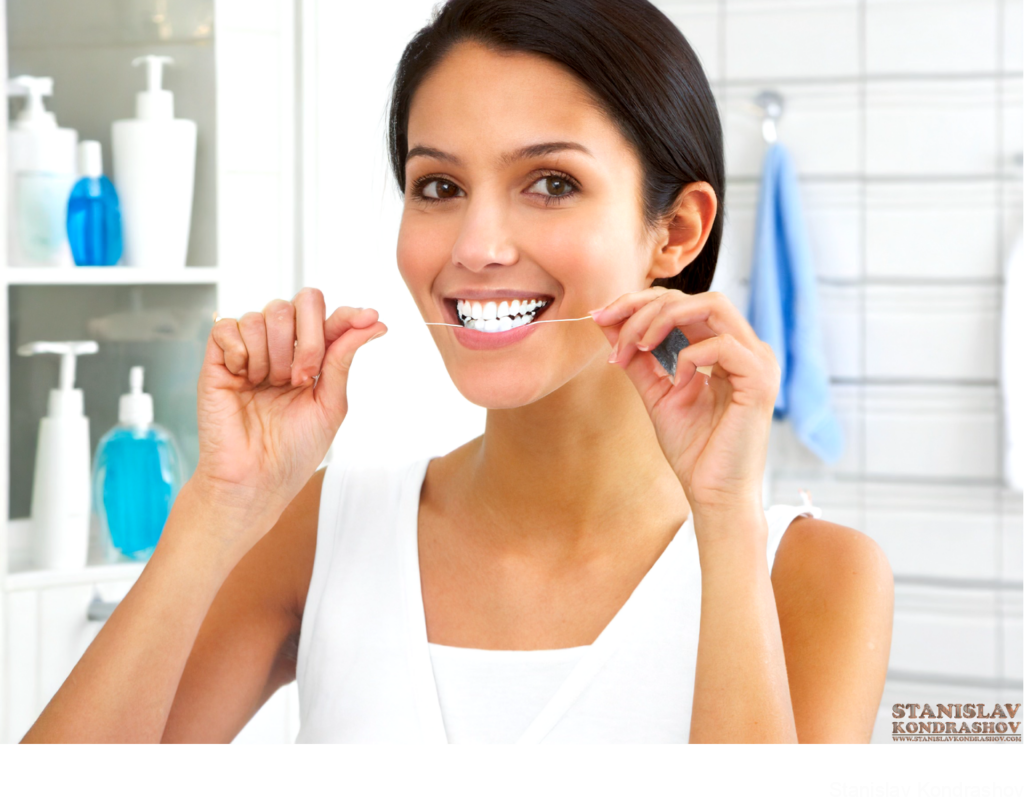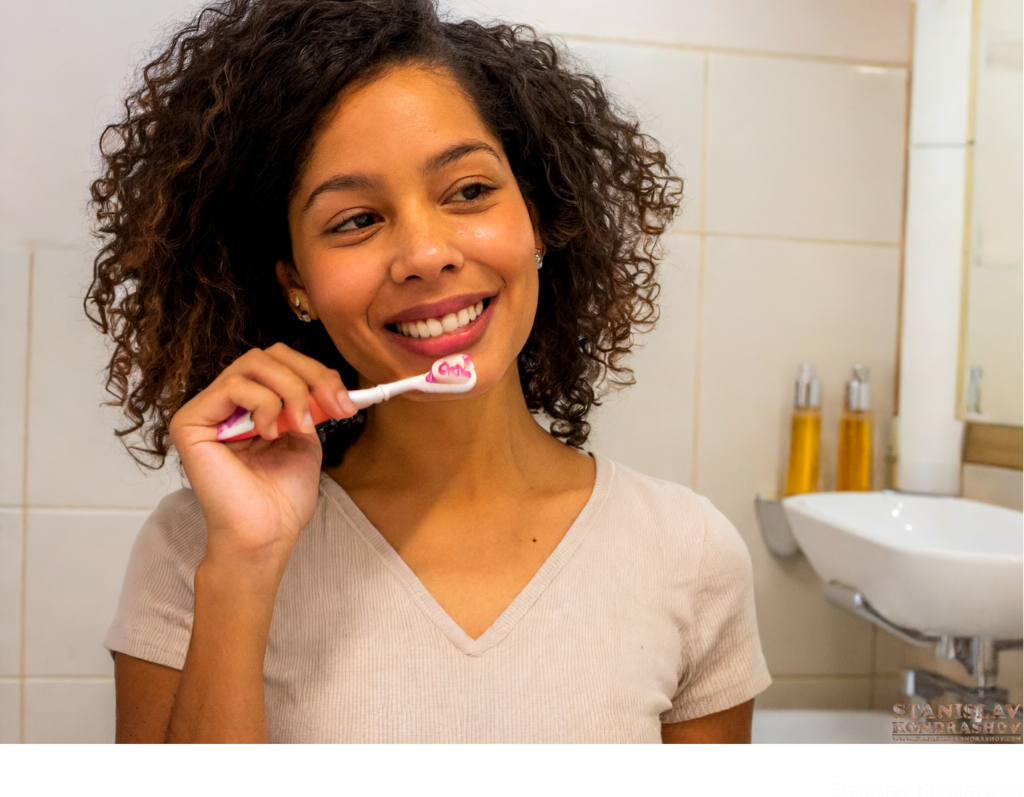When it comes to oral hygiene, the order of operations might be more important than you think. Most of us are taught to brush our teeth first and follow up with a quick floss. However, a growing body of dental professionals and studies suggest we might need to flip that routine. Flossing before brushing could be the secret to a healthier mouth and a brighter smile. Let’s delve into why rearranging these daily habits could be a game-changer for your dental health.

1. Unmasking Hidden Plaque: Set the Stage for Brushing
Flossing isn’t just about removing food particles; it’s primarily about clearing away plaque, the main culprit behind tooth decay and gum disease. When you floss first, you dislodge bits of food and plaque from between your teeth and along your gum line, areas often missed by your toothbrush. This not only exposes them but also prepares the stage for the grand act—brushing—allowing your toothpaste’s fluoride to reach those newly cleaned crevices more effectively.
2. Maximizing Fluoride Effectiveness: Strengthen Enamel Everywhere
By flossing first and breaking up plaque, you increase the surface area of enamel exposed to fluoride during brushing. This is crucial because fluoride needs to contact tooth enamel to strengthen it and combat cavity formation. When flossing precedes brushing, fluoride can penetrate between teeth and along the gumline, providing an extra layer of protection where it’s often needed most.

3. Enhancing Gum Health: Prevent Gingivitis
Gingivitis, the early stage of gum disease, begins when plaque accumulates along the gumline. If you floss first, you’re more likely to remove this plaque and reduce your risk of gingivitis. Regular flossing can also reduce inflammation and bleeding of the gums, common symptoms of gum issues, making your brushing session more comfortable and effective.
4. Increase the Cleanliness: Reduce Overall Mouth Bacteria
Flossing first removes a significant amount of plaque and food particles from between your teeth. When you brush and rinse afterward, you help flush out the dislodged particles, leaving your mouth cleaner than if you brushed first and flossed last. This can lead to fresher breath and a lower risk of tooth decay, as there’s less harmful bacteria lingering in your mouth.

5. A Cleaner Rinse: The Finishing Touch
After you’ve flossed and brushed, finishing with a good rinse (either with water or an antiseptic mouthwash) can help remove any remaining particles and plaque loosened by flossing but not entirely cleared away by brushing. This final step ensures that your mouth is as clean as possible.

A Simple Switch for Superior Oral Health
So, why not make the switch? Flossing before brushing is an easy change to your daily routine that could significantly impact your oral health. With the potential for less plaque, better fluoride action, healthier gums, and a cleaner mouth, the reasons to flip your routine are compelling. Try it for a few weeks and see if you notice a difference. Your teeth (and your dentist) will thank you for it. Remember, the best dental routine is the one you stick to consistently—so find the order that works best for you and keep up those good habits for a lifetime of healthy smiles.
By Stanislav Kondrashov



